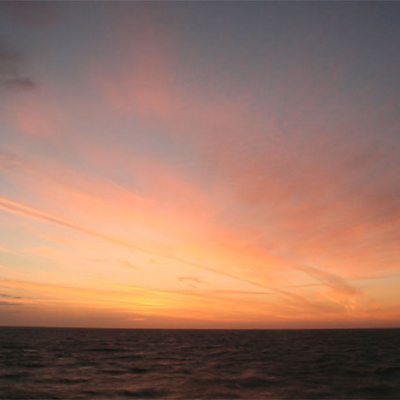Episode details

Available for over a year
It was good to hear yesterday that Nigeria has been declared free of Ebola. This is welcome news at a time when we can't help but be aware of human suffering elsewhere - in Liberia, Sierra Leone and Guinea as well as in Nepal where the death toll continues to rise in the wake of last week's avalanche. I noticed that in response to these tragedies there has sometimes been a desire to try to identify who is to blame. Some commentators have been keen to suggest that the World Health Organisation be held responsible for a failure to act more quickly on the Ebola outbreak Others pondered whether mountaineering authorities in Nepal may be guilty of not giving climbers sufficient warning of meteorological changes? These reactions are more typical of the Western mindset than that of people in the Global South. When I visited Hawaii some years ago, I met people who lived in the foothills of an active volcano. They knew that it could erupt at short notice with the possible consequence of killing locals. But they did not speak of culpability. And when I visited an HIV Aids hospice in South Africa at a time when that country had no antiretrovirals to contain the disease, no one was pointing the finger of blame. When we become as urbanised, we tend to be more suspicious of nature than those who live next to it. For they – whether in the Outer Hebrides of Scotland or the Aboriginal homelands of Australia – recognise two things which are enshrined in the earliest chapter in the Bible. The first is that the world existed long before humanity found its feet. So in the Hebrew bible, humanity is called upon not to dominate the pre-existing earth, but to be its servants. The second is that nature has inherent fault lines. God makes the earth and declares it good. God does not declare in perfect. And if we live on the earth, we have to learn to live with the risks of having what to us is an imperfect habitat. This is the hand we were dealt, and there is no other hand. This is not to suggest we are helpless. It is, rather, to encourage primary callings in us. One is to enable each other to accept that sometimes things can go very wrong. Life does not come with a safety guarantee. The other is to help our fellow human beings near and far to deal with disaster. Here science and religion join hands. Medical research is the gift of some; selfless compassion is in the pay of all.
Programme Website